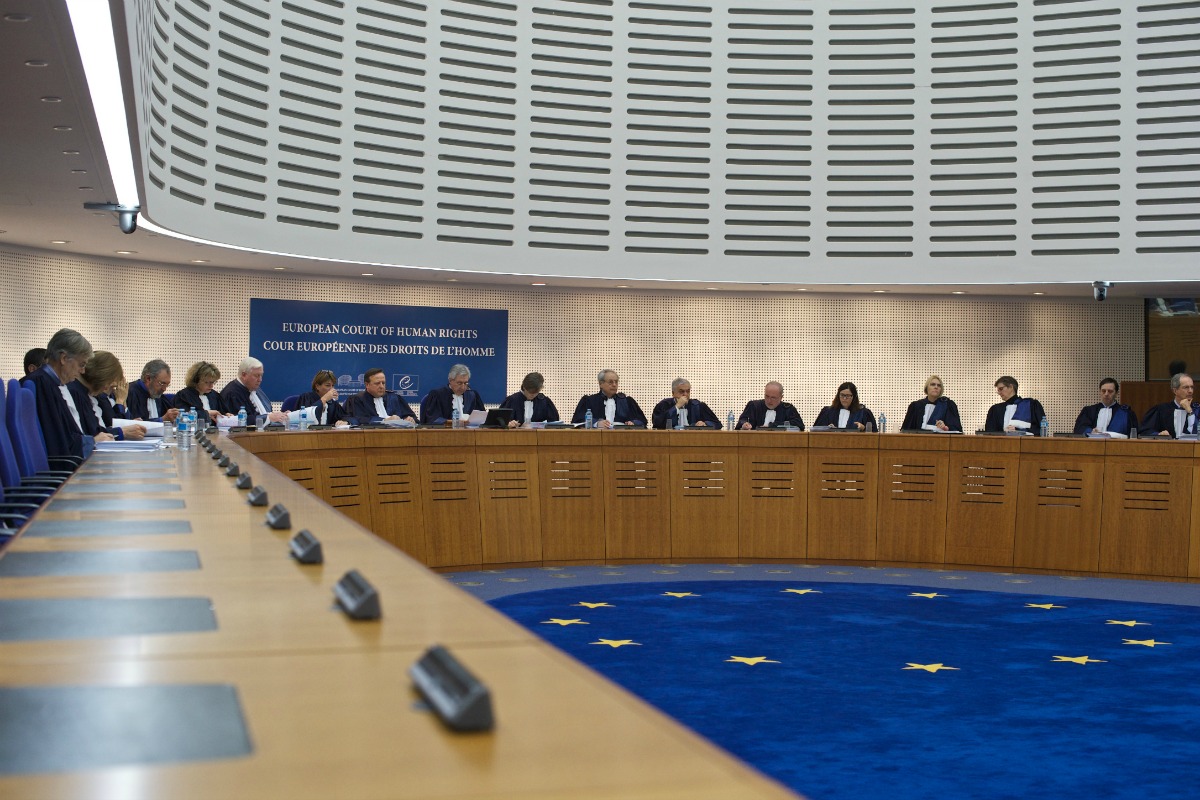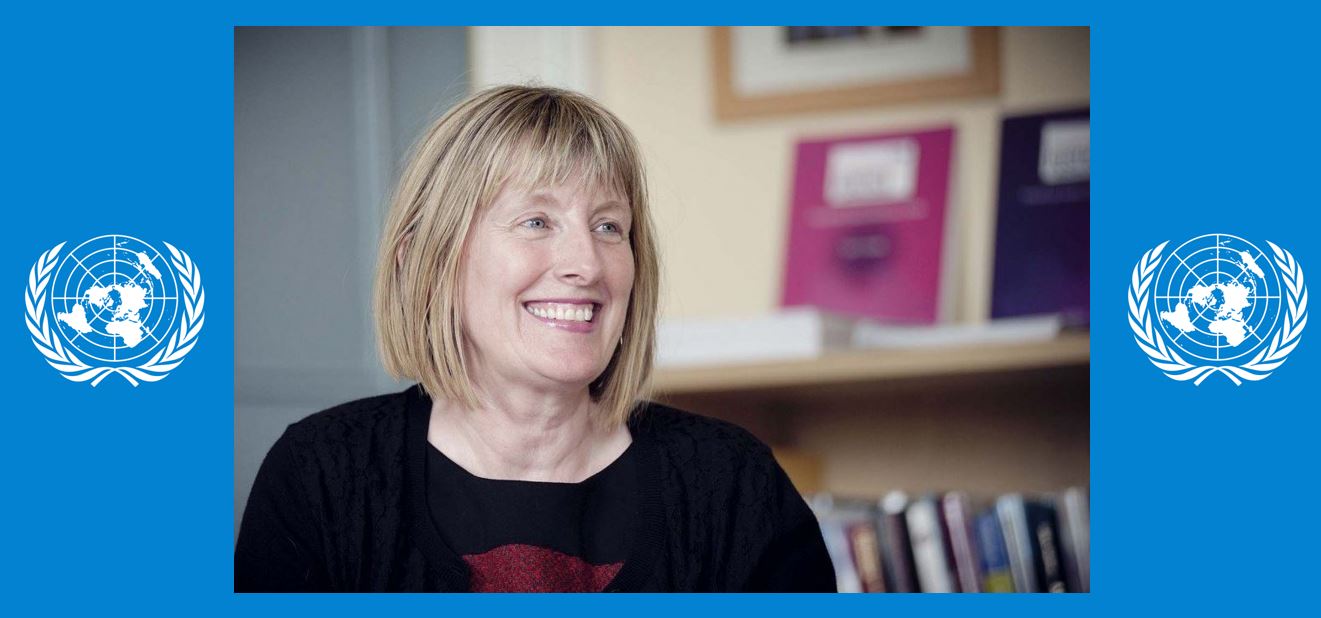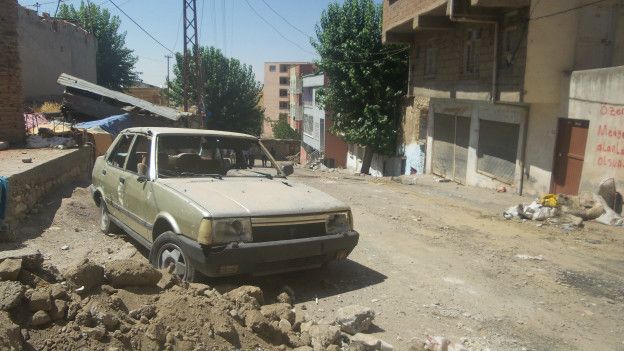The European Court of Human Rights (ECtHR) has decided Turkish civil servants, who have been dismissed after the failed coup attempt on July 15, 2016, must challenge the measure before the commission set up under Legislative Decree no. 685 under the rule of emergency by ignoring the fact that Turkey is no longer a country governed by the rule of law.
In its decision in the case of “Köksal v. Turkey” (application no. 70478/16) the ECtHR has unanimously declared that the application inadmissible. In a press release the court has also stated that the decision is final.
According to ECtHR’s press release about its controversial decision, the case concerns Turkish teacher Gökhan Köksal’s dismissal by an executive decree in the context of measures taken after the attempted coup in Turkey. The Court dismissed the application for failure to exhaust domestic remedies, finding that Köksal had to use the remedy provided for under Legislative Decree no. 685.
ECthR has also stated that the legislation provided for the setting-up of a commission with the task, in particular, of adjudicating upon appeals against measures adopted directly by Legislative Decrees issued in the context of the state of emergency, including the dismissals of civil servants.
According to the ECtHR’s contoversial decision, the decisions taken by the commission could then be appealed against before the administrative courts, whose decisions in turn could be challenged before the Constitutional Court by individual petition. When that highest court had examined a case and given judgment, any individual could submit a complaint under the Convention to the European Court.
ECtHR has also stated that civil servants affected by the relevant measures thus had the possibility of referring their cases to the commission within 60 days from a date to be announced by the Turkish Prime Minister by July 23, 2017 at the latest (six months after the entry into force of the Legislative Decree). The court panel has also warned that the burden of proof as to the effectiveness of this remedy would then be on the respondent State (Turkey).
The applicant, Gökhan Köksal, is a Turkish national who was born in 1978 and lives in Ankara. He was a teacher at the “1071 Malazgirt” primary school in Erzurum (Turkey). On July 25, 2016 he was suspended from his duties in the context of measures taken after a state of emergency had been declared on July 21, 2016.
According to the ECtHR’s press release, “On September 1, 2016 Köksal was dismissed from his post, pursuant to Legislative Decree no. 672 concerning the dismissal of 50,875 civil servants who were regarded as belonging, affiliated or related to terrorist organisations or to organisations, structures or groups which had been found by the National Security Council to engage in activities harmful to the State.
“The Legislative Decree provided that those dismissed could never be reinstated as civil servants and their passports were cancelled. On 28 September 2016 Köksal lodged an individual appeal with the Constitutional Court to challenge his dismissal. The appeal is still pending.
“In the meantime, Legislative Decree no. 685 on the establishment of the commission for the review of measures taken in connection with the state of emergency has been enacted on 2 January 2017 by the Cabinet and published on 23 January 2017 in the Official Gazette. Complaints, procedure and composition of the Court The application was lodged with the European Court of Human Rights on 4 November 2016.
“Relying on Article 6 1, 2 and 3 (a) of the European Convention on Human Rights, Köksal complained of a violation of his right of access to a court, his right to be presumed innocent and his right to be informed promptly of the accusation against him. Relying on Article 7 (no punishment without law), he complained that he had been dismissed on the basis of acts which did not 2 constitute an offence at the time they were committed.
“Köksal also argued that he sustained breaches of his rights and freedoms under Articles 8 (right to respect for private and family life), 10 (freedom of expression), 11 (freedom of assembly and association), 13 (right to an effective remedy) and 14 (prohibition of discrimination).
The decision, which was given by a Chamber of seven, composed as follows: Robert Spano (Iceland), President, Ledi Bianku (Albania), Işıl Karakaş (Turkey), Nebojša Vučinić (Montenegro), Valeriu Griţco (the Republic of Moldova), Jon Fridrik Kjølbro (Denmark), Stéphanie Mourou-Vikström (Monaco), Judges, and also Stanley Naismith, Section Registrar, has stated as conclusion that as Köksal had complained of a violation of his Convention rights as a result of his dismissal, he should have used that remedy in accordance with Article 35, 1 of the Convention. The application was thus dismissed for failure to exhaust domestic remedies pursuant to Article 35, 1 and 4 of the Convention.
The comprehensive report by Stockholm Center for Freedom (SCF) titled “Turkey’s descent into arbitrariness: The end of rule of law” provides detailed information on how the rule of law has lost meaning in Turkish context, confirming the effective collapse of all domestic judicial and administrative remedies available for Turkish citizens who lodge complaints on rights violations.



